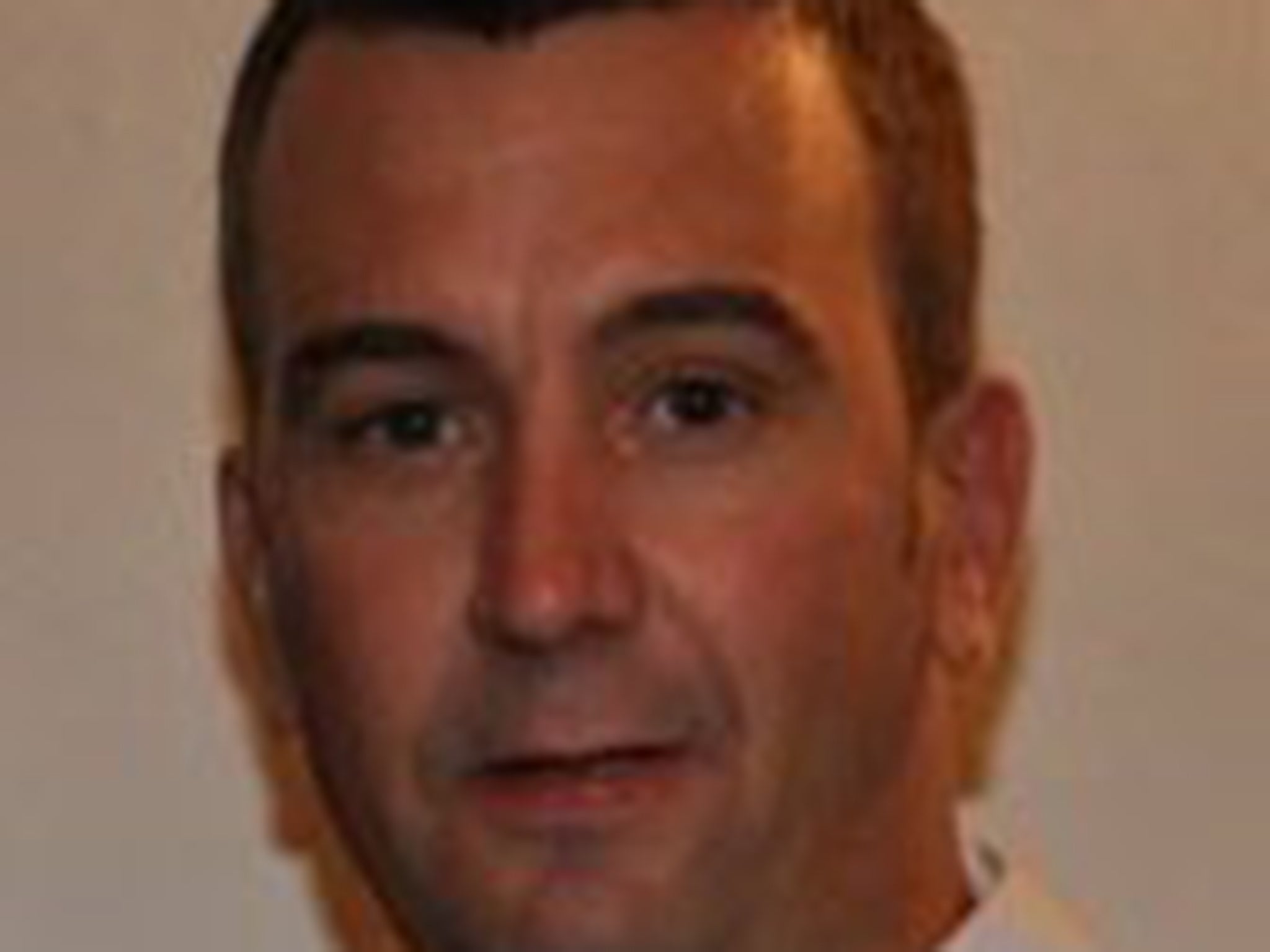Your support helps us to tell the story
From reproductive rights to climate change to Big Tech, The Independent is on the ground when the story is developing. Whether it's investigating the financials of Elon Musk's pro-Trump PAC or producing our latest documentary, 'The A Word', which shines a light on the American women fighting for reproductive rights, we know how important it is to parse out the facts from the messaging.
At such a critical moment in US history, we need reporters on the ground. Your donation allows us to keep sending journalists to speak to both sides of the story.
The Independent is trusted by Americans across the entire political spectrum. And unlike many other quality news outlets, we choose not to lock Americans out of our reporting and analysis with paywalls. We believe quality journalism should be available to everyone, paid for by those who can afford it.
Your support makes all the difference.With every hostage murdered by Isis, the debate about how the media should report the killings becomes more heated.
Within seconds of footage showing this weekend’s killing of aid worker David Haines appearing online, the Twittersphere was full of messages encouraging users to remember Mr Haines by reference to pictures of him in happier times.
By parading this material – produced by Isis to terrorise and to brutalise – is the media aiding its propaganda efforts? Isis must surely like nothing better than for its footage and the stills from it to be seen by as many people as possible.
But would news media be fulfilling its role of informing the public if it were to shy away from any images at all? Some will argue that it would be insidious if newspapers took a collective decision to keep from their readers pictures that they felt were beyond the pale. Then again, there are plenty of things that do not appear in the mainstream media, so that argument does not quite hold water.
I find myself on the side of favouring publication. But within The Independent the question of whether this means we are doing Isis’s work for it is constantly under review.
Meanwhile, a recent article in the paper examined the way in which Isis has become much more than a military force, acting as a quasi-government in parts of Syria and Iraq.
Our report sought to explain how, for some citizens, rule by Isis has created a degree of stability. The headline to the piece summed up the paradox of Isis’s success by asking whether, for some, life under the fundamentalists really was a “caliphate worse than death”. Context aside, it is quite a neat play on words. But one reader argued that the pun undermined the seriousness of the issues at stake, and he had a point.
As I saw it, the problem went beyond the use of a pun per se because, in the light of what we know about Isis’s treatment of Western hostages, the idea that there might be a fate worse than theirs seems hard to imagine. To ask whether residents of Raqqa might be better off living under the harsh, threatening but (according to some analyses) fundamentally effective rule of Isis, or be killed, can probably elicit only one answer. The pun not only had the potential to seem overly light-hearted, it raised a question that was fundamentally redundant.
Media’s lack of influence on Scots
For many years the received wisdom has been that the media plays a major role in deciding the outcome of elections.
The notion has probably been overplayed.
Even so, there has been, and remains, a close relationship between the upper echelons of the media and political parties. That, in turn, has been the subject of public suspicion.
Yet in the run-up to this week’s referendum on Scottish independence, there has been a real sense that conversations on the doorstep and among citizens are the key battleground.
Has that discouraged complaints of alleged media bias that are usually commonplace during election periods?
Big political beasts take to the radio to beg Scots to vote for the Union; the effect is negligible. Major corporations tell the BBC that independence will be a disaster; voters are unswayed. All of a sudden, there is a recognition that the media will not change the outcome of the poll. And perhaps one consequence is that those who perceive slights to their cause are not so concerned that they feel the need to raise their voices in protest.
Will Gore is Deputy Managing Editor of The Independent, i, Independent on Sunday and the Evening Standard Twitter: @willjgore


Join our commenting forum
Join thought-provoking conversations, follow other Independent readers and see their replies
Comments